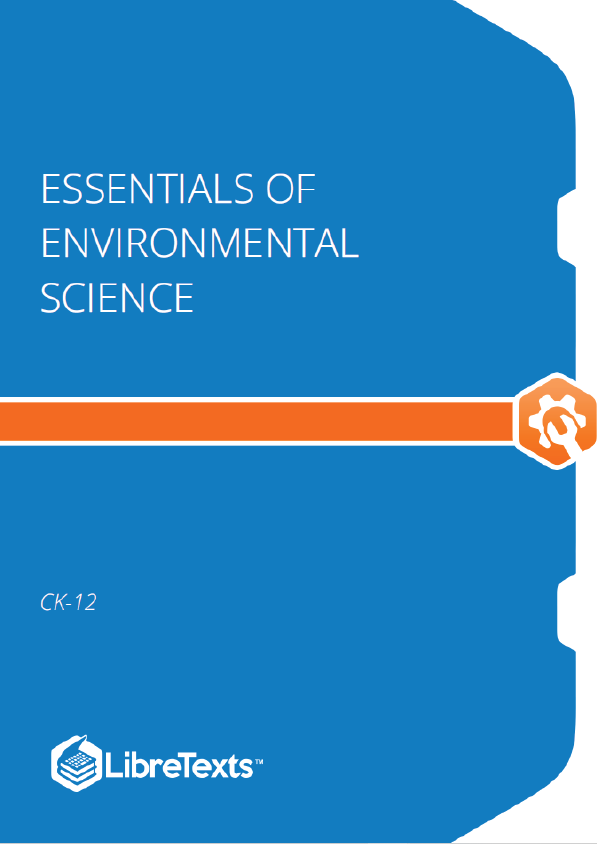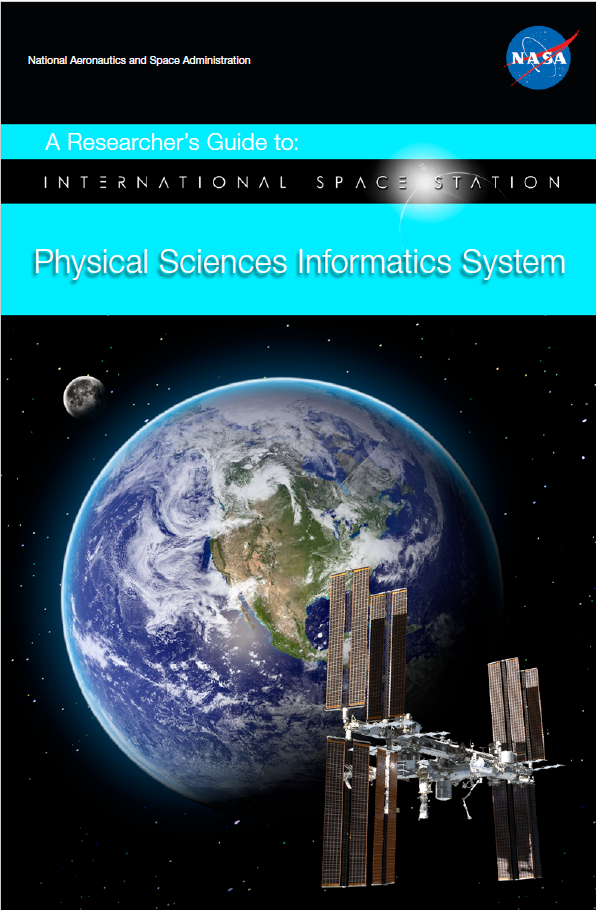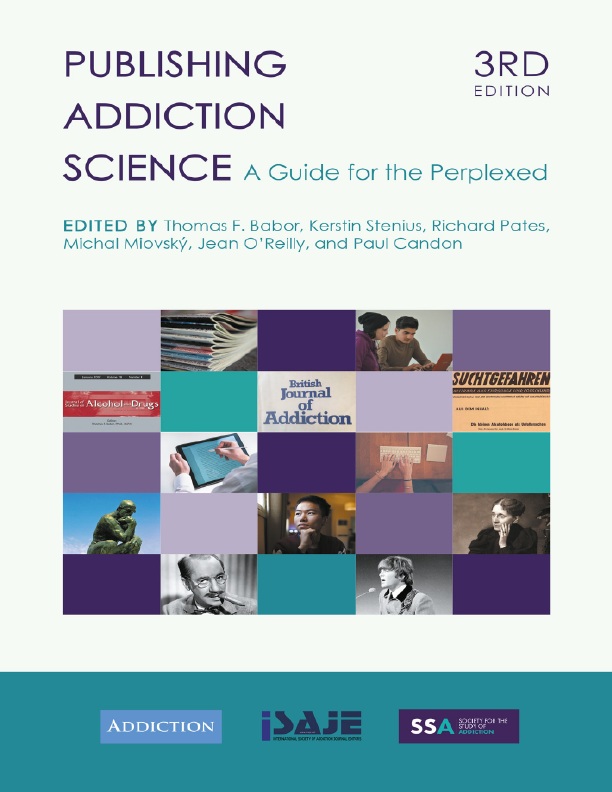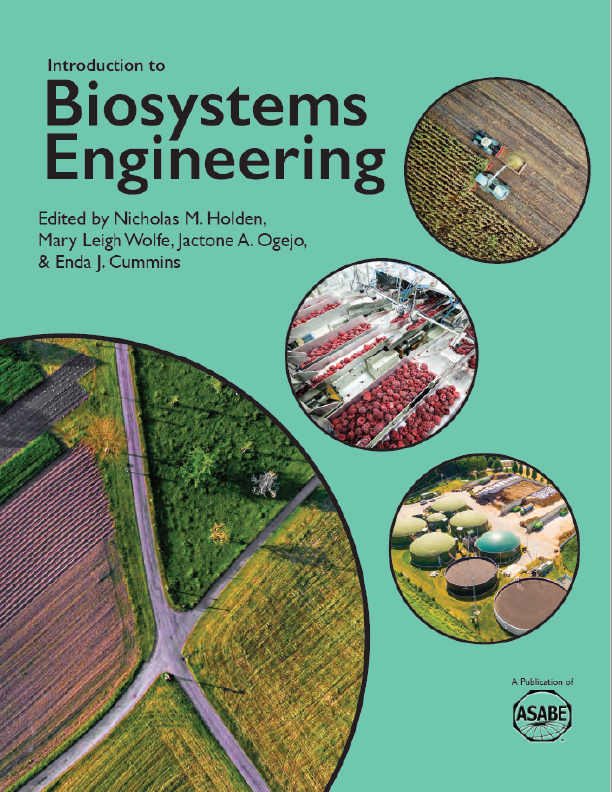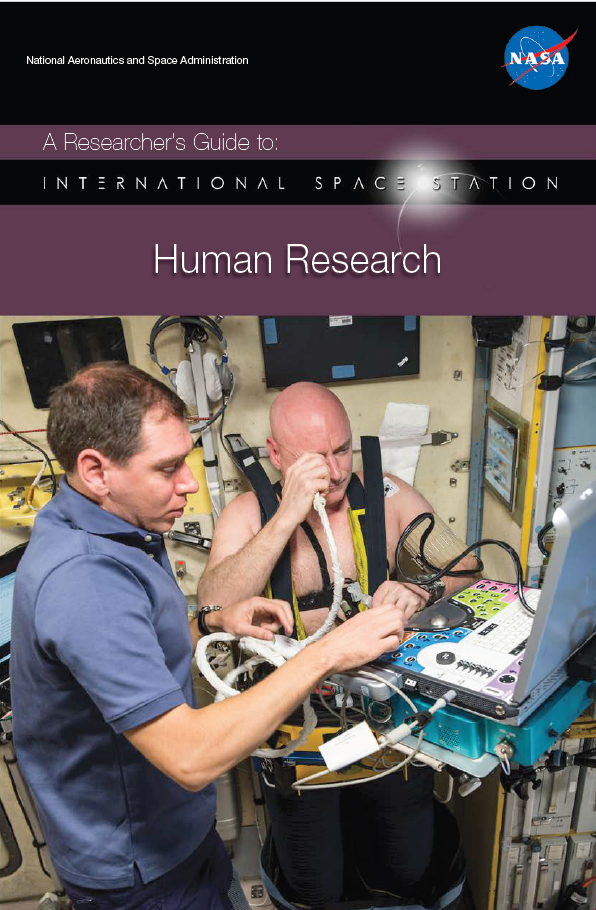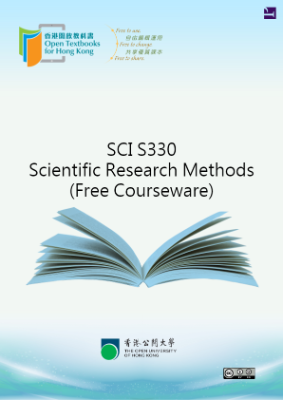What is Environmental Science?
Environmental science is the interdisciplinary and dynamic study of the interaction of the living and nonliving parts of the environment with special focus on the impact of humans on the environment. The study of environmental science includes circumstances, objects, or conditions by which an organism or community is surrounded and the aggregate of social, historical and cultural factors that influence the life of an individual or community.
Why Study Environmental Science?
The need for equitable, ethical, and sustainable use of Earth’s resources by a global population that nears the carrying capacity of the planet requires us not only to understand how human behaviors affect the environment, but also how human behavior changes in response to changes in the environment or perceptions of environmental status. Large fraction of our environmental future depends on our ability to understand and evaluate evidence-based arguments about the environmental consequences of human actions and technologies, and to make informed decisions based on those arguments.
From global climate change to alterations in land-use patterns driven by population growth and development, Earth is becoming a different planet—right before our eyes. The complicated and global scale of connectedness and rates of environmental change are beyond anything in recorded human history. Our challenge is not simply that things are changing fast; there is large uncertainty as to how fast and to what consequences. Human impacts have created a situation without precedent on this planet. Neither current nor past rates of change are dependable guides to what might occur in the future.
The way forward requires an improved understanding of Earth’s complex environmental systems; systems characterized by interactions within and among their natural and human components that link local to global and short-term to long-term phenomena, and individual behavior to collective action. The complexity of environmental challenges demands that we all participate in finding and implementing solutions leading to long-term environmental sustainability.
Regardless of your age or educational background, you can always cultivate your learning skills. The following insights are here to help you get off to a good start so that you can enhance your chances of being a skilled learner in whatever subject you choose to study.
Discipline is your key to success. It is the ability to do what you’re supposed to do when no one is looking. Discipline means making a total commitment to your studying plans, and schedules. You’ve probably had an experience you’re proud of where you’ve disciplined yourself to do something well (such as maintain an exercise schedule) or break a bad habit (such as smoking). Set study goals. Setting goals is the best way to motivate yourself to study effectively. When you have a specific goal in mind you know what you want to achieve, and that makes it easier to achieve it. Setting study goals enables you to study with a purpose. Starting every study assignment with specific study goals gives focus to your work. Make a list of the tasks you must complete to achieve each goal. Note how much time you need to complete each task. Arrange your tasks in order of importance. Plan to spend a specific study period completing your study tasks. Use a check list to record your progress as you complete your tasks.
